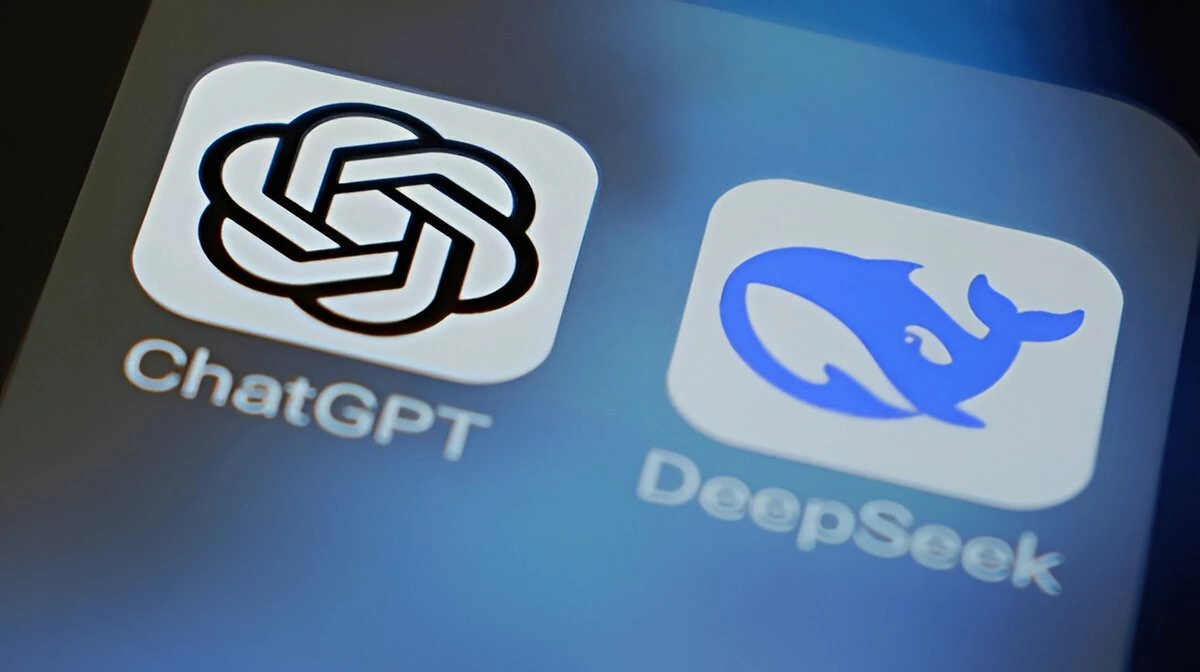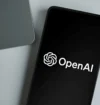Finance Ministry Banned the Use of ChatGPT and DeepSeek for Official Purposes
Setting the paradigm in place for the usage of AI in government operations, the Finance Ministry has formally prohibited the use of ChatGPT and DeepSeek for any official purposes. The decision signifies apprehensions about data security, confidentiality, and the moral aspects of AI tools handling sensitive government information. With AI-powered chatbots gaining popularity among researchers, report writers, and data analysts, governments around the globe are beginning to exercise caution against their use for any official purpose.
Why Has the Finance Ministry Banned ChatGPT and DeepSeek?
The government intends to restrict the use of AI-based chatbots for official work due to various factors:
Data Privacy and Security Threats
ChatGPT and DeepSeek AI are both hosted on cloud-based platforms, with any data entered being computed remotely. In situations where government agencies deal with very sensitive data, allowing the AI chatbots to process that information raises concerns about data being leaked or unauthorized access.
Accountability and Transparency Issues
AI models such as DeepSeek and ChatGPT produce their responses based on vast datasets lacking in attributions, thereby allowing the verification of their output’s validity and reliability to become problematic. In formal government work, any claim for responsibility or fact-checking becomes extremely important, and reliance on AI-generated material can result in misinformation.
National Security Concerns
Communication and information handling must always be done within the parameters of the law and with national security consideration in mind. AI chatbots used for drafting or intelligence analysis may open more avenues for exploitation, making such systems vulnerable to a subsequent attack.
What is DeepSeek AI, and How is It Different from ChatGPT?
Although ChatGPT is a celebrated AI chatbot, DeepSeek AI is yet another newborn assistant powered by AI, made for natural language processing capabilities and in-depth reading over research.
ChatGPT vs. DeepSeek AI: Key Differences
| Feature | ChatGPT | DeepSeek AI |
| Developer | OpenAI | DeepSeek Technology |
| Primary Use | Conversational AI, content generation | Research-oriented AI, advanced analysis |
| Data Source | Trained on diverse internet data | Specialized in deep learning and technical research |
| Security Risks | Processes data on external servers | May access and analyze extensive datasets |
On one side, the two services offer excellent AI capabilities; on the other side, this is counterbalanced by the potential issues brought on by using the client’s external side.
How Will This Ban Affect Government Operations?
The decision to ban ChatGPT and DeepSeek AI for official use will impact several areas:
Research and Report Drafting
The government officials regularly make use of AI tools in the drafting of reports, the analysis of policy documents, and conducting their research. This will force them to revert to traditional research methods or use only specific AI tools that are approved by the government.
Efficiency and Productivity
Using AI chatbots to automate mundane tasks, summarize information, and enhance workflow efficiency means employees here may suffer from slow information processing and increase work burden.
Cybersecurity Compliance
The ban is in keeping with broader cyber-security policies designed to significantly lessen reliance on third-party AI solutions. The government could be involved in developing and creating AI tools in-house to balance security with the usefulness of automation.
Global Trends: How Other Countries Are Handling AI Chatbots
Governments around the world are taking different approaches to AI usage in official settings:
- United States: Some government agencies restrict the use of AI chatbots such as ChatGPT for sensitive tasks, citing data security.
- European Union: The European Union is in the process of drawing up regulations for AI, focusing on ethical uses of AI, privacy protection, and accountability.
- China: AI models like DeepSeek AI are closely monitored and regulated by the government to ensure they comply with national security policies.
The Finance Ministry’s decision follows a global trend whereby developing states are becoming wary of integrating AI chatbots into sensitive operations.
What’s Next? The Future of AI in Government Work
Of course, banning ChatGPT and DeepSeek means little; the government will definitely benefit from acknowledging their possible advantages. Some scenarios may dictate the future use of AI in government situations:
Construction of AI Models Approved by the Government
In an attempt to secure data, therefore, governments may be inclined to develop their own AI applications running on more secure internal networks, as opposed to commercial cloud systems.
More Stringent Regulations for AI
The authorities may adopt a new AI governance framework that would regulate the use of AI tools in the official realm wherever security seems to be compromised.
Cooperation with Developers of AI
Governments may work with AI providers on developing secure, transparent, and accountable AI systems for official use.
Conclusion
The Finance Ministry’s ban on ChatGPT and DeepSeek AI points to the increased scrutiny given to AI tools largely used in government operations. While these AI chatbots have many advantages, data privacy and security as well as accountability became initial concerns leading to their restriction from official work. Governments would start looking for alternatives that are secure and weigh efficiency against cybersecurity as AI evolves. The ban signifies the beginning of a move toward responsible adoption of AI while ensuring that sensitive governmental data are protected while AI’s power can be harnessed for innovation in the future.
(FAQs)
1. To what extent were AI software applications like ChatGPT and DeepSeek being sullied by the Finance Ministry?
According to the Finance Ministry, ChatGPT and DeepSeek AI are indeed a hazard to data privacy, security, and accountability. These AI chatbots being hosted on cloud-based services pose challenges that sensitive government data could be processed externally. The government aims to prevent any data leak and abide by cybersecurity rules.
2. Will government officials be free to use AI chatbots in general?
Although the use of ChatGPT and DeepSeek AI may be prohibited, the government may develop secure internal-use alternatives based on AI. Some AI tools may, however, be allowed but under stringent regulations to ensure data protection and usage control.
3. What is the prospect of AI in government work then that this ban will occur?
This ban has brought to light the need for secure AI solutions for use in the government. Future developments might include in-house AI models, AI security governance policies, and partnerships with the AI development community to develop safe and effective AI tools for official use.



